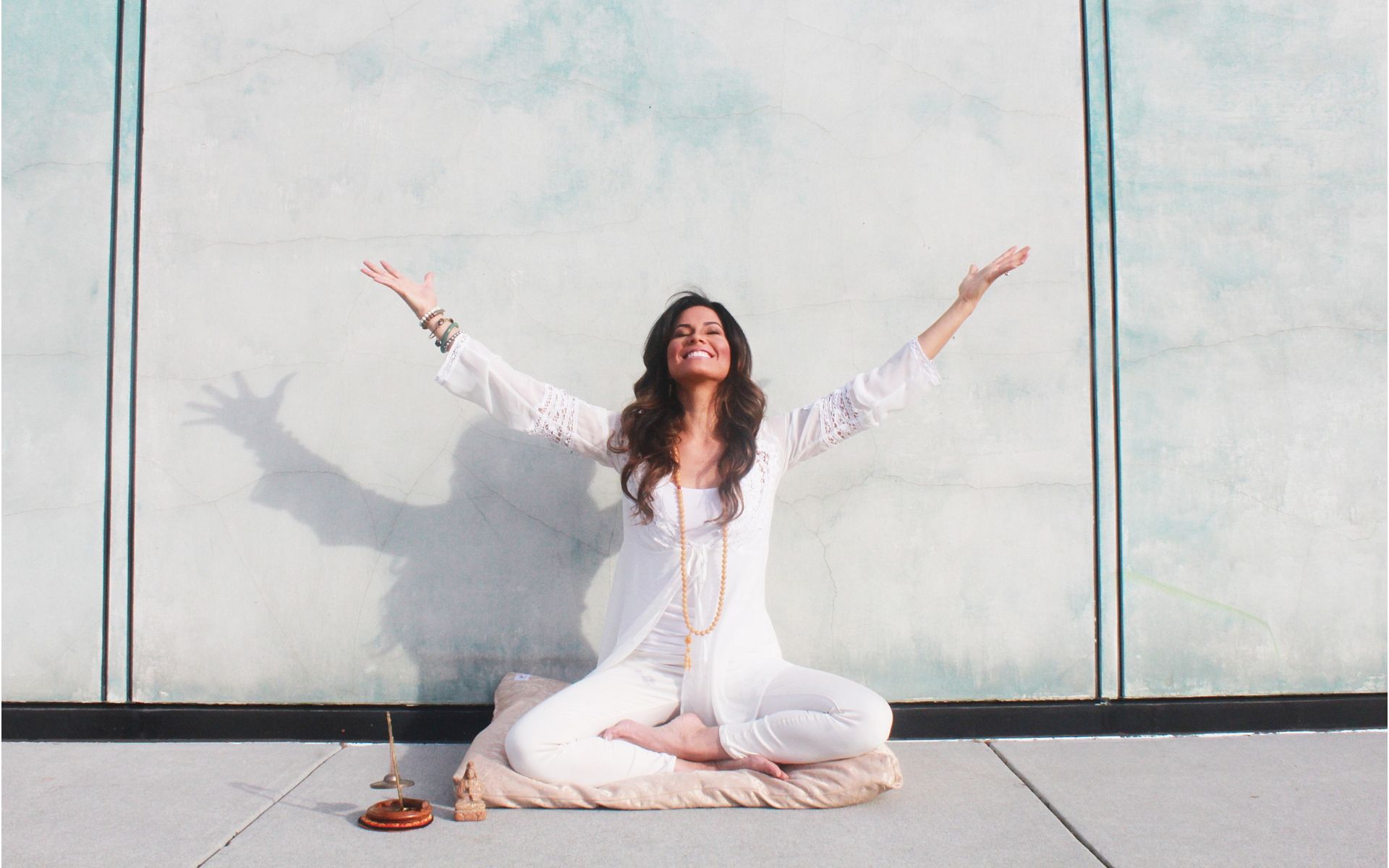
When wellness comes to mind, one would equate the physical aspect of it. But wellness transcends fitness, and mental wellbeing is integral to one’s holistic health. Today, mindfulness is recognised as the equilibrium to exercise, with wellness warriors like The Spa at Mandarin Oriental, Kuala Lumpur, curating retreats, spearheading digital detoxifying Silent Night programs, and inviting prominent gurus like Lena Franklin to lead a weekend of meditation and inner peace.
Armed with an eastern-western approach to spirituality and healing, the mindfulness-based psychotherapist of American and Vietnamese descent integrates science and Buddhist meditation into her sessions, of which we were fortunate to experience on her last visit. Before the session begun, we got Lena to expound about establishing inner peace and balance, and how we can weave it into our lifestyle.
